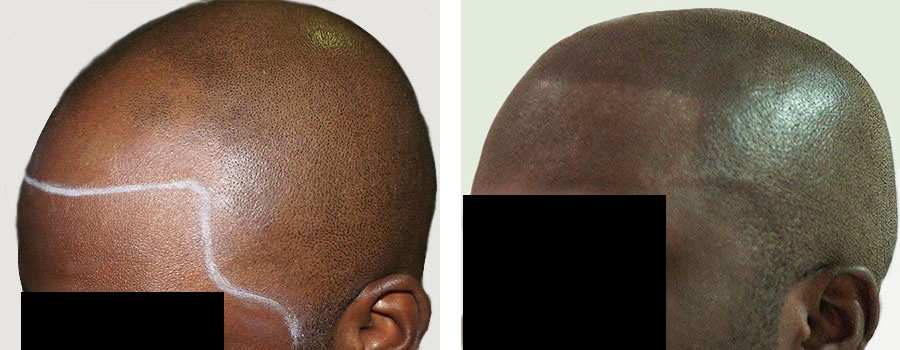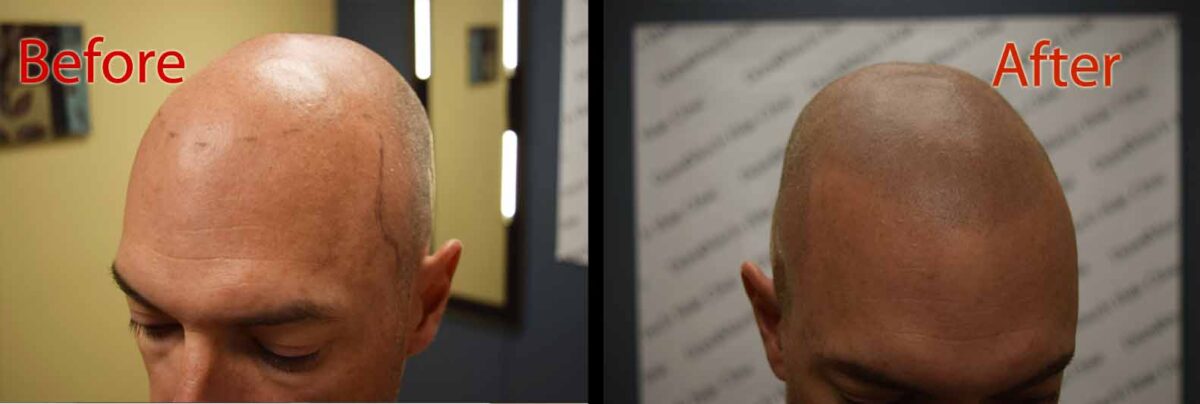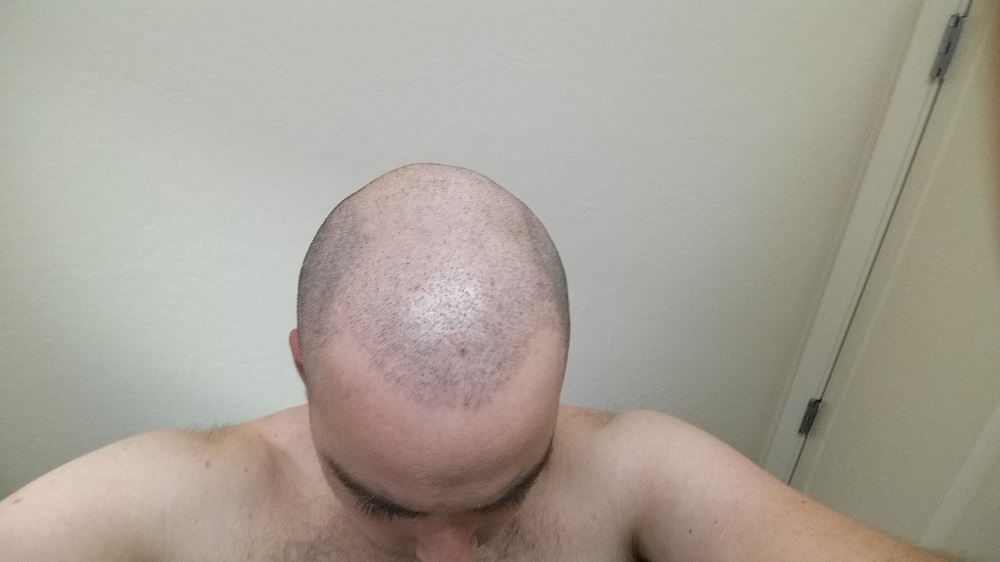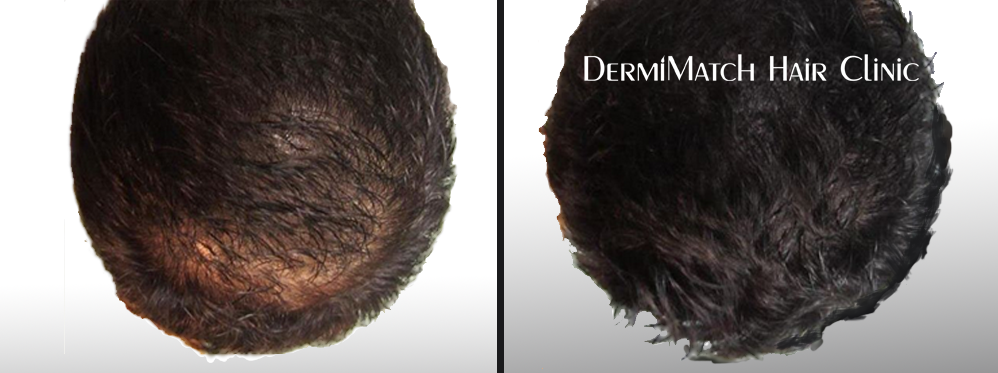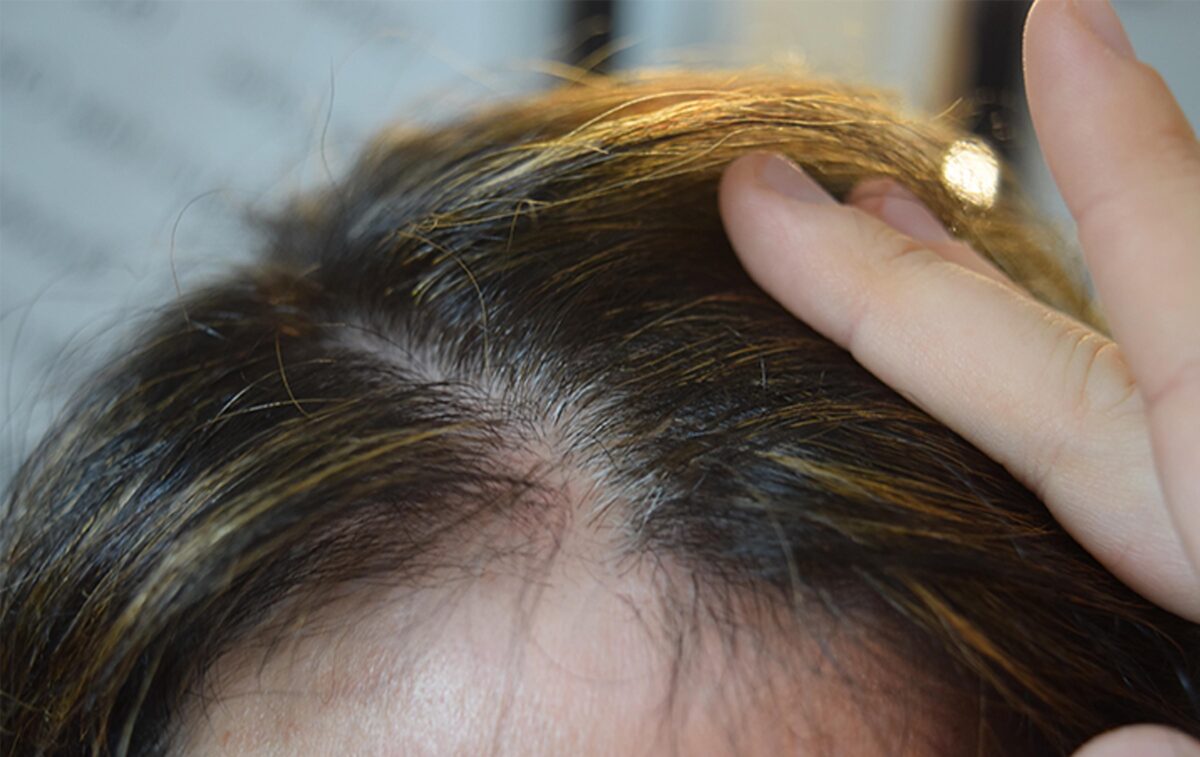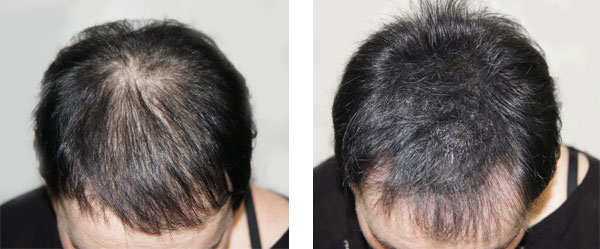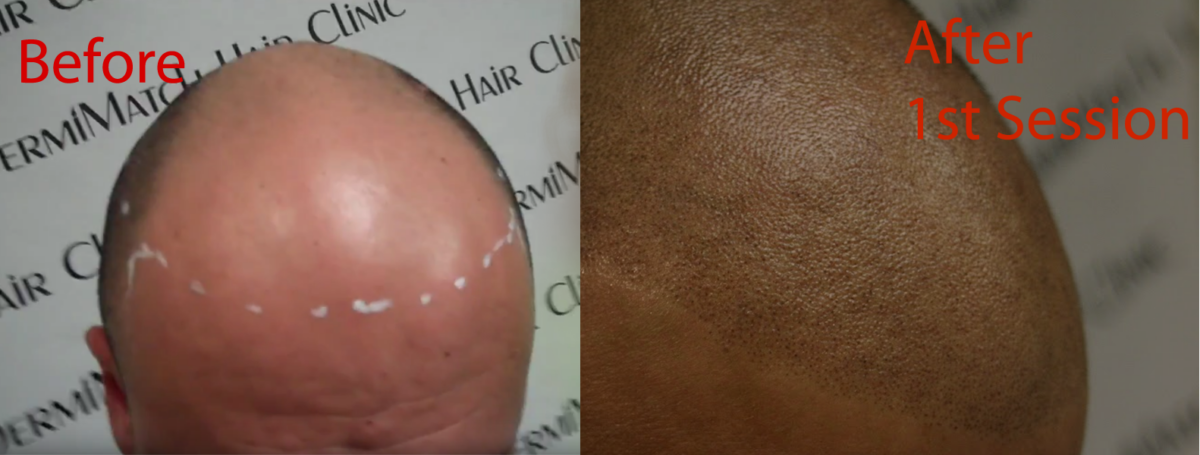Lifestyle choices can affect hair growth. Some can cause hair loss. Smoking is one such activity that can cause hair growth problems. The detrimental effects of smoking go beyond the lungs. Not many are aware of the smoking and hair loss connection. Let’s explore this further.
Smoking and Hair Loss Connection
Restricts Blood Flow
Smoking is believed to constrict blood vessels. As a result, this affects the flow of oxygen and nutrients to hair follicles. When nutrient and blood supply are reduced, hair roots weaken, and you experience hair shedding and thinning.
Increased DHT Levels
Vaping or smoking is linked to an increase in dihydrotestosterone, DHT, hormone, which may cause androgenetic alopecia or pattern baldness. Due to increased DHT levels, hair follicles shrink, resulting in hair thinning and hair loss.
Premature Graying
When exploring the smoking and hair loss connection, you will find that tobacco is linked to premature graying of hair. There are harmful chemicals in cigarette smoke, which can damage melanocytes that give the hair its color. When melanocytes are damaged, the result is loss of pigmentation and premature graying.
Dry, Brittle Hair
It might surprise you that there is an inverse relationship between smoking and hair moisture. Chemicals in cigarettes strip your hair of its natural moisture and hair, thus affecting its moisture levels. As a result, your hair becomes brittle and dry and susceptible to breakage and split ends.
Lack of Luster
Dry and brittle hair lacks a natural shine due to the constriction of blood and nutrient supply to the hair follicles. When that happens, you experience dull, lifeless locks that lack vibrancy.
Nutrient depletion in the body affects hair growth. Dehydrated hair is prone to breakage and split ends. Smoking and alcohol consumption are also blamed for hormone disruption. Fluctuations in hormones may cause hair thinning.
The hair growth cycle depends on an unhindered blood supply to the follicles. With reduced circulation due to smoking, follicles become weakened and susceptible to miniaturization. This process results in finer, weaker hair strands that are more prone to breakage and eventual hair loss.
Smoking and Hair Loss Treatment
Your lifestyle choices can affect hair health. Making the right choices can help preserve the vitality and appearance of hair. Cigarette smoke contains harmful chemicals that result in oxidative stress can negatively impact melanocytes, and cause premature graying.
A gentle hair care routine is crucial to mitigating the damage caused by smoking. Practice healthy lifestyle habits, such as avoiding excessive heat styling, minimizing chemical treatments, and using nourishing hair products.
But all these practices will take a long time to show results. There is no such thing as overnight hair growth. So, if smoking-induced hair loss hurts, then it might help to choose scalp micropigmentation for hair loss.
Get professional help for SMP in Arizona. Do not choose tattoo artists. They are not SMP professionals. Skilled SMP practitioners who have been transforming the lives of people suffering from hair loss are available at DermiMatch Clinic. Get in touch today.

